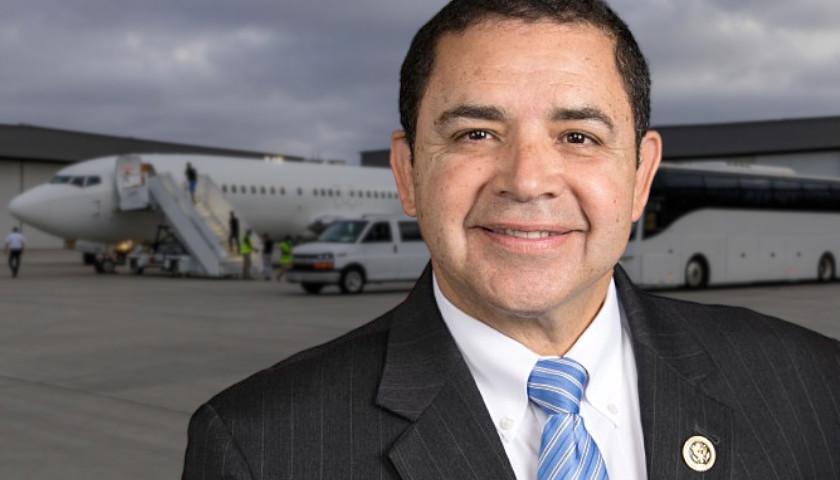by Nathan Benefield and Andrew Holman
Gov. Josh Shapiro’s first state budget proposal perpetuates unsustainable spending and fails to address the most promising ideas he put forward during his campaign. For starters, his budget calls for $45.9 billion in ongoing General Fund spending – but the state has only $43 billion in net revenues, so the governor is positioning us for a nearly $3 billion annual deficit.
Spending that exceeds revenue is unsustainable and fiscally irresponsible for individuals, businesses, and certainly for government.
In November 2022, the Pennsylvania Independent Fiscal Office (IFO) released revenue and spending projections, showing that the state faces a structural deficit over the next several years. Shapiro’s budget spends even more than IFO projections, exacerbating the structural deficit.
Rather than rein in spending, Shapiro’s proposal continues to practice deficit spending – draining all state reserves over the next few years and setting Pennsylvanians up for a future tax hike. By limiting spending growth now, lawmakers could bring the budget into balance and avoid raising taxes on families.
Shapiro neglects the need to adopt significant Medicaid reform. Medicaid is the largest state program and among the fastest-growing. It accounts for approximately one-third of total state spending.
After the pandemic, federal mandates required Pennsylvania to provide Medicaid benefits to ineligible recipients. Starting on April 1 of this year, the commonwealth begins redetermining Medicaid eligibility for over 3.6 million Pennsylvanians. Nearly 600,000 currently enrolled in the program are not eligible for benefits, and an additional 600,000 have not submitted the information needed to determine if they are still eligible.
Prioritizing the upcoming Medicaid redeterminations would protect the program for the individuals and families that truly need it, while promoting personal independence.
As a candidate, Shapiro promised to cut corporate tax rates to 4 percent by 2025, transforming Pennsylvania from among the nation’s worst business climates to one of its most competitive.
During his budget address, Shapiro said that he was “tired of losing out to other states” and called on lawmakers to work with him to accelerate Corporate Net Income Tax (CNIT) reductions. Despite this rhetoric, he did not incorporate any further reductions into his budget.
Shapiro backtracked on another campaign promise by supporting a tax on energy. His budget includes $663 million in revenue from the Regional Greenhouse Gas Initiative (RGGI) – effectively with a new electricity tax. This tax would result in homeowners paying an estimated 30 percent more on their utility bills at a time when Pennsylvanians cite rising energy costs as the most pressing environmental issue.
Finally, Shapiro promised to ensure that every child, regardless of zip code, has access to a high-quality education. But his budget proposal flatlines the state’s successful tax credit scholarship programs – programs critical for giving students access to high-quality schools of their choice. Shapiro had previously said that he supported expanding them.
The proposed budget also omitted any mention of another scholarship program Shapiro had endorsed – Lifeline Scholarships, which provide students in the lowest-performing public schools with funding to find the best educational option that meets their needs.
Instead, Shapiro’s budget proposal includes nearly $900 million more for public schools, even after last year’s record increase. The state’s recent education-funding lawsuit ruling rejected the idea that simply spending more money – given that Pennsylvania is already among the highest-spending states – will improve education.
The Commonwealth Court said that the legislature must ensure that “every student receives a meaningful opportunity to succeed.” Too many students in chronically underperforming, zip-code-assigned schools are denied this chance. The only way to provide a fair chance to all students is to let funding follow the child.
While Shapiro laid out several priorities, Pennsylvania has divided government, and legislators get an equal say. Indeed, Senate Republicans, led by President Pro Tempore Kim Ward, unveiled their own priorities – including the Lifeline Scholarship idea that Shapiro skipped over.
Over the next few months of negotiation, lawmakers should hold Shapiro to his bipartisan campaign promises. A final budget that avoids overspending and draining reserves, implements more competitive business tax rates, rejects new energy taxes, and delivers on the promise of educational opportunity would help unleash prosperity – allowing Pennsylvania families to flourish.
– – –
Nathan Benefield and Andrew Holman are contributors to RealClearWire. This commentary first appeared in RealClearPennsylvania.
Photo “Josh Shapiro” by Josh Shapiro. Background Photo “Pennsylvania State Capitol” by Dough4872. CC BY-SA 4.0.




